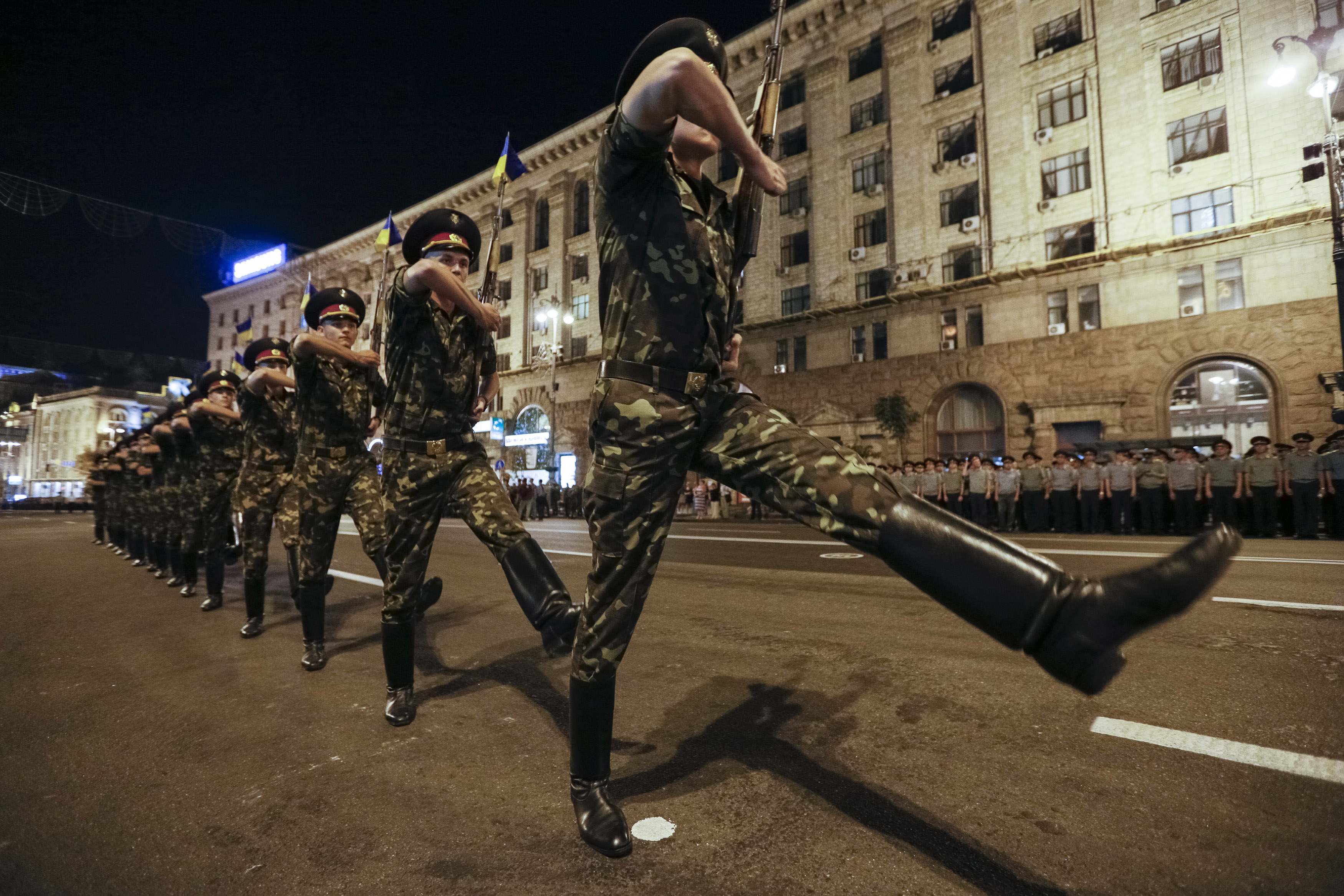Since Russia's annexation of Crimea in March, NATO has been publicly refocusing on its old Cold War foe, Moscow. The threats it now believes it faces, however, are distinctly different from those of the latter half of the 20th century.
The West then was defending against the risk of Soviet armor pouring across the North German plain. Now, officials and experts say, it is "ambiguous warfare" that is focusing minds within the North Atlantic Treaty Organization.
Confrontations are viewed as more likely to start with cyberattacks or covert action to stir up Russian minorities in Europe's east than from any overt aggression.


















With your current subscription plan you can comment on stories. However, before writing your first comment, please create a display name in the Profile section of your subscriber account page.